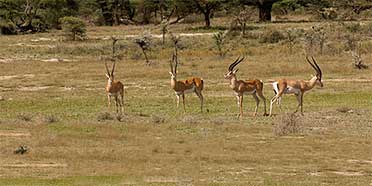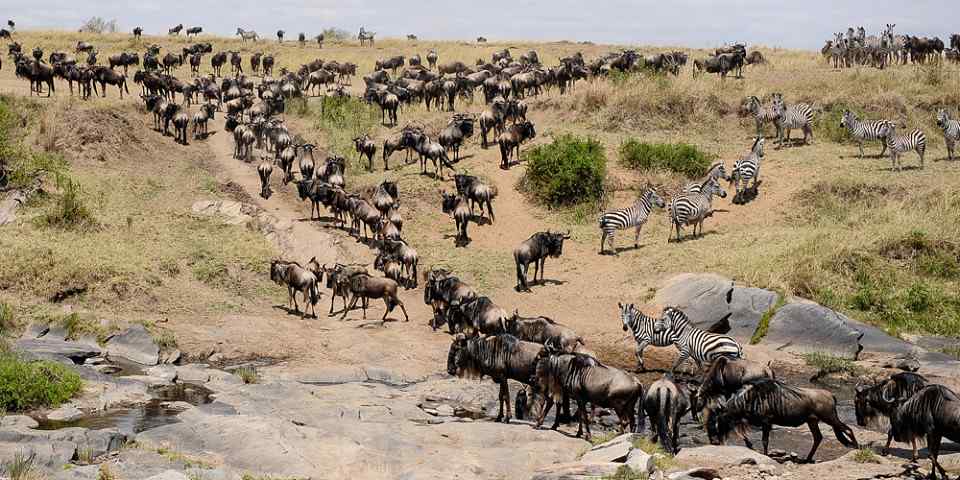
Safari Tours to Samburu NR
-
![10-Day Mid Range Best of Kenya Safari]()
10-Day Mid Range Best of Kenya Safari
$2,728 to $3,740 pp (USD)
Kenya: Private tour
Mid-range Lodge & Tented CampYou Visit: Nairobi (Start), Amboseli NP, Ol Pejeta Conservancy (Laikipia Plateau), Samburu NR, Lake Naivasha (Naivasha), Masai Mara NR, Nairobi (End)

Meektrails Safaris
4.9/5 – 187 Reviews
-
![7-Day Best of Kenya Luxury Safari]()
7-Day Best of Kenya Luxury Safari
$6,368 to $7,840 pp (USD)
Kenya: Private tourLuxuryLodge
You Visit: Nairobi (Start), Samburu NR, Masai Mara NR, Nairobi (End)

Wayfairer Travel
4.8/5 – 172 Reviews
-
![7-Day Off the Beaten Path - Luxury]()
7-Day Off the Beaten Path - Luxury
$2,710 to $3,170 pp (USD)
Kenya: Private tourLuxuryLodge & Tented Camp
You Visit: Nairobi (Start), Masai Mara NR, Lake Nakuru NP, Aberdare NP, Samburu NR, Nairobi (End)

Spirit of Kenya
4.9/5 – 542 Reviews

 Kenya Parks
Kenya Parks
















